Content
- Dark trading and price discovery
- Institutional investors and large trades
- Information on Other Interactive Brokers Affiliates
- Price discovery and pricing models
- Clearing time randomization and transaction fees for auction market design
- How Do Dark Pools Differ From Lit Pools?
- Order flow composition and trading costs in a dynamic limit order market
- Leveraged trading and stock returns: Evidence from international stock markets
The dark pool exchange exchange first launched its Xetra MidPoint dark pool in 2008, but closed it in 2017. Deutsche Börse attributed the closure to an incoming law exempting large orders on lit venues from pre-trade transparency requirements, which it said reduced the need for small-sized transactions in dark pools. Dark pools, where financial institutions can trade against counterparties without first displaying their order, have played a growing role in European markets for the last 15 years.
Dark trading and price discovery
Other examples of broker-dealer dark pools are Goldman Sachs’ SigmaX and Morgan Stanley’s MS Pool. The process of price discovery entails setting an acceptable security price according to the supply and demand levels, risk tolerance and overall economic well-being. Financial markets form a complex system of several underlying exchanges, corporations and market makers that interconnect and depend on each other. A new trader trying to grasp trading elements tends to focus on trading instruments, liquidity levels and market prices. Unlike an actual performance https://www.xcritical.com/ record, simulated results do not represent actual trading. Also, because the trades have not actually been executed, the results may have under-or-over compensated for the impact, if any, of certain market factors, such as lack of liquidity.
Institutional investors and large trades
That could set off a rush to buy the stock, sending its price through the roof and making the takeover far more expensive. Provides access to JPM-X dark pool – limit, market and pegged orders are allowed. Regulators’ rules govern areas such as listing requirements, trading procedures, disclosure obligations, and investor protection measures.
- Given the volume of trading happening in Dark Pools, it’s imperative that you keep a pulse on dark pool data.
- Accessing dark pool data can be tricky as well, since it happens “off” the traditional exchanges.
- Finally, Exchange-Based dark pools are owned by exchanges and offer continuous execution.
- A complete picture of the market is necessary in order to make wise investment decisions.
- Consequently, our model predicts that order migration and dark pool market share increase in liquidity.
- Through a dark pool, the mutual fund can try to sell off its shares without alerting the market and causing a run on the company’s stock.
Information on Other Interactive Brokers Affiliates
A dark pool is a privately held exchange where large corporations and institutional investors trade massive shares of securities without disclosing them to public markets. These pools can be held by popular exchanges like NYSE, broker-dealer operators, or independent electronic market makers. Significant market players utilise dark pool trading to execute orders without revealing their movements to competitors to minimise the rippling effect on public markets. Off-exchange trades can be executed at a price that is far from public market value, creating unfair advantages for large corporations over retail traders.
Price discovery and pricing models
Dark pools are privately held exchanges and markets where large corporations and financial institutions trade various asset classes and instruments. These pools were founded in the 1980s to enable corporation trade with less transparency while executing massive orders, such as selling 500,000 shares or trading orders valued at millions of dollars. Assume a financial corporation wants to sell 1,000,000 shares in public exchanges. The company initiates the order with a floor broker for several days to make price estimations and trade valuations and find the best bidding and asking prices. However, the secrecy of these details is crucial to ensure that public markets do not receive this news.
Clearing time randomization and transaction fees for auction market design
For full access to this pdf, sign in to an existing account, or purchase an annual subscription. A personal account can be used to get email alerts, save searches, purchase content, and activate subscriptions. IG International Limited is licensed to conduct investment business and digital asset business by the Bermuda Monetary Authority. A versatile writer in a wide range of concepts, specifically in Web3, FinTech, crypto and more contemporary topics. I am dedicated to creating engaging content for various audiences, coming from my passion to learn and share my knowledge.
How Do Dark Pools Differ From Lit Pools?
In a dark pool trading system, investors place buy and sell orders without disclosing either the price of their trade or the number of shares. The rule would require brokerages to send client trades to exchanges rather than dark pools unless they can execute the trades at a meaningfully better price than that available in the public market. If implemented, this rule could present a serious challenge to the long-term viability of dark pools. The recent HFT controversy has drawn significant regulatory attention to dark pools.
Order flow composition and trading costs in a dynamic limit order market
The primary objective remains to facilitate the efficient execution of large block trades while minimizing market impact and information leakage. In this article, we’ll delve into the concept of order matching and explore how it functions and its significance in financial markets. We’ll also cover the basics of order matching in exchanges and dark pools, shedding light on their respective operations and benefits. Understanding this crucial mechanism is essential for investors, traders, and anyone seeking insights into the inner workings of modern financial markets.
Dark pools provide a venue for these investors to execute large trades without exposing their orders to the broader market, mitigating potential market impact. There is also an optimization problem that the exchange operators need to negotiate when designing a dark pool. Whereas a lit venue simply matches an incoming order against any available liquidity on the other side of the trade, a midpoint book needs to be more responsive to the nature of the order and to changes in the reference price. It is possible to have a limit order on both sides of the trade, but the reference price does not allow them to be executed against each other.
If you believe you should have access to that content, please contact your librarian. Some societies use Oxford Academic personal accounts to provide access to their members. Shibboleth/Open Athens technology is used to provide single sign-on between your institution’s website and Oxford Academic. CFA Institute Research and Policy Center is transforming research insights into actions that strengthen markets, advance ethics, and improve investor outcomes for the ultimate benefit of society. IG International Limited is part of the IG Group and its ultimate parent company is IG Group Holdings Plc.
The primary reason these venues were created was to help institutional investors execute large trades more cost-effectively. As they tend to have very large order sizes, institutional investors trading on the lit markets could have a market impact (move the price considerably), which is undesirable for the investor. Before executing a trade on a lit market, investors will often check to see whether there’s liquidity on dark pools, where the restricted price information allows them to execute these orders with less price impact. If the amount of trading in dark pools owned by broker-dealers and electronic market makers continues to grow, stock prices on exchanges may not reflect the actual market. For example, if a well-regarded mutual fund owns 20% of Company RST’s stock and sells it off in a dark pool, the sale of the stake may fetch the fund a good price.
If you aren’t a financial market data company it can become a burdensome distraction. Typically, large institutions trade “off” the traditional exchanges in Dark Pools as a way to keep the transaction private, or avoid inflicting significant volatility in the markets when they are making big trades. It’s harder to “move the market” when the trades are hidden, and these firms can save big time on transaction fees by trading through a Dark Pool.
A battery of additional tests, such as documenting a shift in SEC EDGAR searches, supports the information acquisition interpretation. Our dark pools report identified how increasing the opacity of trading, principally through internalization, will undermine improvements in trading costs with impaired price determination and wider spreads. To avoid these negative repercussions, regulators should monitor growth of dark trading volume and improve reporting and disclosure around dark pool trading to enable appropriate measures by investors and regulators, alike.
In turn, these concerns have implications for public price discovery, liquidity, and the quality and integrity of markets. A dark pool is a privately organized financial forum or exchange for trading securities. Dark pools allow institutional investors to trade without exposure until after the trade has been executed and reported.

